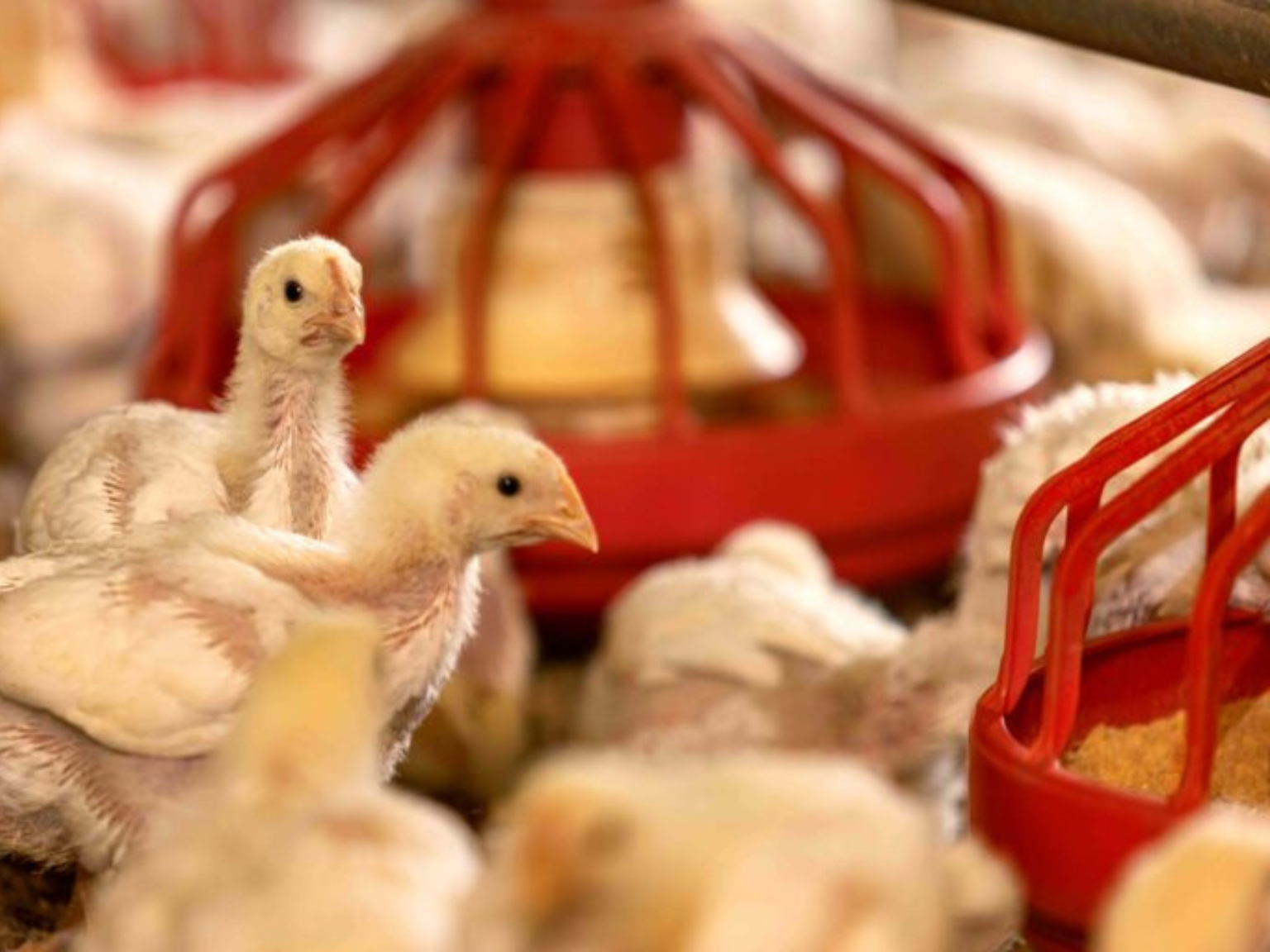Food Safety
Against antimicrobial resistance, Brazil leads awareness and monitoring actions

Amid international actions promoted by various human and animal health bodies in World Antimicrobial Resistance Awareness Week, ABPAl has promoted a series of education and awareness actions about the rational use of antimicrobials in animal production.
One of these actions took place this Tuesday (21/11), in a live broadcast coordinated by the Ministry of Agriculture and Livestock and the Federal Council of Veterinary Medicine (CFMV), together with the Brazilian Animal Protein Association (ABPA) and EMBRAPA.
The virtual meeting brought together several of the most important names in agricultural, academic and public and private sector research in Brazil, such as researchers João Palermo Neto, from the University of São Paulo (USP), and Jalusa Deon Kich and Everton Krabbe, from Embrapa. The agenda ranged from the history of control and prevention initiatives to practical applications of the conscious use of these inputs in various production chains, such as poultry, pigs, dairy farming and pets.
The event, held at the National School of Agricultural Management Channel, is a small example of how Brazil is engaged in the topic, as explained by ABPA’s technical coordinator, Tabatha Lacerda. “Awareness actions about the prudent use of antimicrobials are routine in the production chain, involving initiatives that range from biosafety guidelines, courses and events to internal and intrasectoral campaigns. But just as important as promoting awareness is the monitoring that Brazil promotes, to reinforce transparency about the precautions adopted regarding the input”, he highlights. The actions involved other events, such as the seminar “Antimicrobial Resistance Scenario – AMR in Brazil and its potential marketing and health impacts”, held at the headquarters of the Ministry of Agriculture and Livestock, in Brasília (DF).
The world’s largest producer and exporter of animal protein, Brazil has extensive and in-depth monitoring work on the use of antimicrobials, which is led by the Ministry of Agriculture.
This work is carried out actively, in compliance with feed factories, which have specific legislation on procedures for the manufacture and use of products intended for animal feed: Only establishments authorized by the ministry can carry out this manufacture of products containing medicines. in the formulation, which must follow steps such as:
Approval from the Technical Responsible for the feed factory;
Veterinary prescription signed by a veterinarian;
Checking information on feed formulations by a trained team, for approval and release of production.
In addition, there is another step carried out at the farm level: each batch has a Batch Monitoring Form whose objective is to record various relevant information about the animals housed, from their arrival to loading for slaughter.
Control continues in the transport of animals (with production traceability) and in industries, which confirm these precautions adopted. From the farm to the slaughterhouse, everyone is subject to procedural verification audits constantly conducted by the Ministry of Agriculture.
Initiatives – Acting in an organized manner in relation to the topic, Brazil has several initiatives focused on the constant promotion of actions on the use of antimicrobials. One of them is ALIANÇA , of which ABPA is part and supports several edational actions promoted by the consortium that integrates twelve animal production entities in Brazil. ABPA is also part of Transform, an initiative of the World Poultry Council (IPC), which is an international mobilization of chicken meat producing and exporting nations, with commitments aimed at mobilizing the conscious use of antimicrobials.
Through the official service there is also PAM-BR Agro br, an initiative of the Brazilian government that is part of the National Action Plan for the Prevention and Control of Resistance to Antimicrobials within the Scope of One Health. The action is coordinated by the Brazilian Ministry of Health, and has the participation of the Ministry of Agriculture, with several monitoring and surveillance actions on the conscious use of these inputs.
About the Week – World Antimicrobial Resistance Awareness Week was established by the World Health Organization, and is held this year between the 18th and 24th of November. See more details about this edition of the campaign on the website https://www.who.int/news-room/events/detail/2023/11/18/default-calendar/world-amr-awareness-week-2023
READ TOO

Environment
02/10/2023
JBS generates energy from methane and reduces by 65% the direct CO2 emissions of Friboi
JBS, one of the world’s largest food companies, is installing biodigesters to provide a new outlet for the methane gas emitted in […]
Read more
Animal welfare
28/10/2024
ANIMAL WELFARE PROGRAM HUMANIZES POULTRY AND SWINE MANAGEMENT
The Aurora Alimentos Central Cooperative (Aurora Coop) – the third largest agro-industrial conglomerate in the country – was one of the first […]
Read more
Environment
01/11/2023
Máster Program identifies environmental solutions
Sustainability is also about optimizing resources, including combating waste and improving production management. It is with this focus that Máster, a pork […]
Read more
